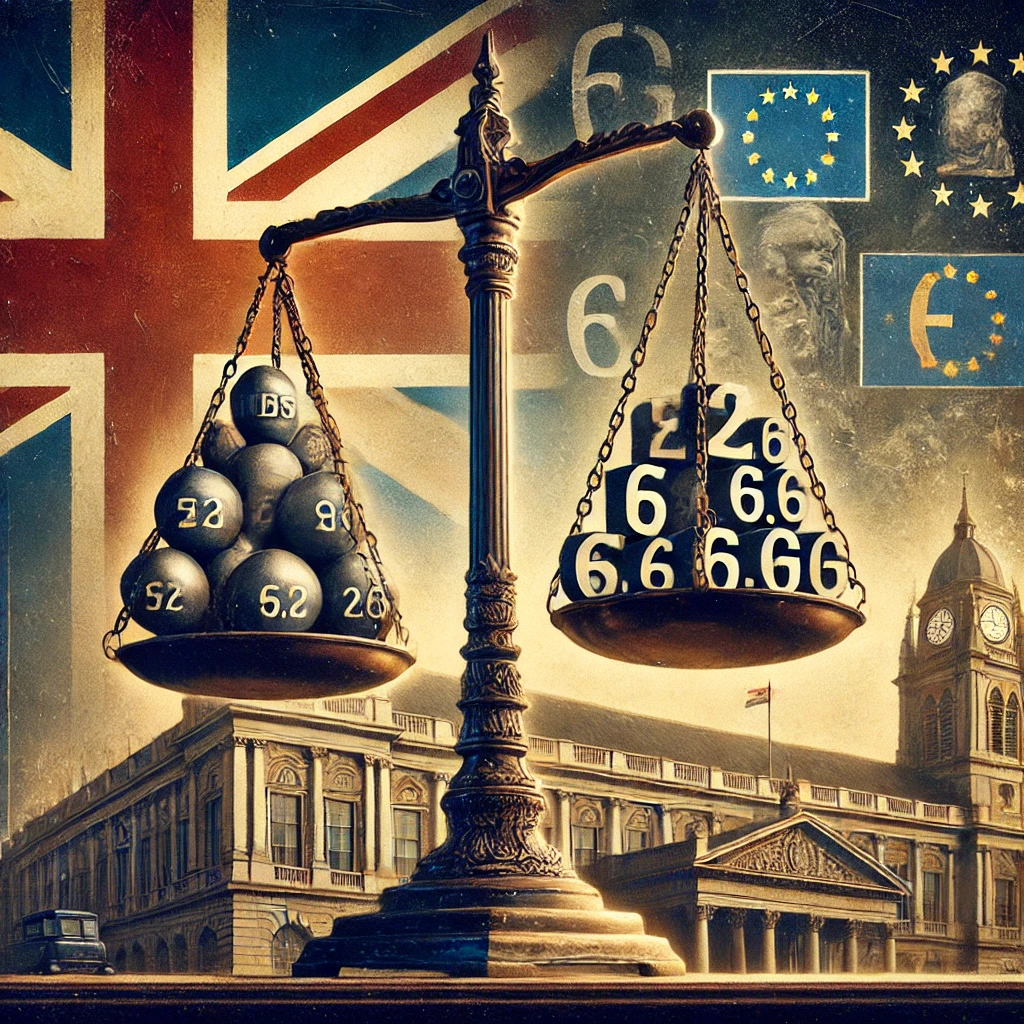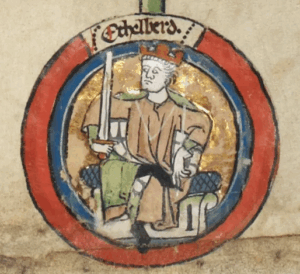The “Metric Martyrs” Case: Thoburn v Sunderland City Council [2002] Explained
In the world of UK constitutional law, the case of Thoburn v Sunderland City Council (2002) is a landmark moment. Known more popularly as the “Metric Martyrs case,” it not only revolved around the seemingly mundane issue of metric versus imperial measurements but also redefined how certain statutes are treated under UK law. This case introduced the concept of constitutional statutes, altering the traditional understanding of parliamentary sovereignty and setting the stage for debates about UK sovereignty that would influence events like Brexit. Let’s break it down.
The Backstory: Who Was Steve Thoburn?
Steve Thoburn, a greengrocer in Sunderland, became the face of the Metric Martyrs movement. Like many traditional traders, Thoburn preferred to sell fruit and vegetables using imperial measurements (pounds and ounces) rather than metric units (grams and kilograms). However, by the late 1990s, the UK’s legal framework required businesses to use metric measurements, in line with European Union directives implemented via the European Communities Act 1972 (ECA 1972).
Thoburn’s refusal to switch to metric measurements led to his prosecution under the Weights and Measures Act 1985, which had been amended to comply with EU law. Thoburn’s defense argued that the 1985 Act allowed the continued use of imperial units, effectively challenging the dominance of the EU directive. His case brought into question whether domestic UK legislation could override EU law.
The Legal Issue
The crux of the case was this: Did the Weights and Measures Act 1985 impliedly repeal the European Communities Act 1972 insofar as it permitted the use of imperial measurements?
- Thoburn’s Argument: The 1985 Act allowed the use of imperial units, which conflicted with the EU’s metrication rules. Since Parliament is sovereign, the later Act (1985) should take precedence over the earlier ECA 1972.
- Prosecution’s Argument: The ECA 1972 had introduced EU law into UK law, and EU directives took precedence. The 1985 Act could not impliedly repeal the ECA 1972 because the latter was a constitutional statute.
The Court’s Decision
The Queen’s Bench Divisional Court ruled against Thoburn. The court found that:
- The European Communities Act 1972 is a constitutional statute:
- The court introduced the idea of “constitutional statutes” — laws that deal with fundamental constitutional principles or rights. These statutes cannot be repealed by implication; they require explicit wording in later legislation to be repealed.
- The Weights and Measures Act 1985 did not override the ECA 1972:
- The court determined that the 1985 Act’s provisions did not explicitly conflict with or repeal the ECA 1972. Since the ECA 1972 allowed EU law to take precedence, Thoburn was bound by the EU directive requiring metrication.
The Significance of Thoburn
This case went far beyond metric vs. imperial measurements. It introduced a new principle in UK constitutional law that distinguishes between constitutional statutes and ordinary statutes.
What Are Constitutional Statutes?
According to Laws LJ, constitutional statutes are:
- Statutes that govern the relationship between citizen and state in a general, overarching way; or
- Statutes that enlarge or diminish fundamental constitutional rights.
Examples of constitutional statutes include:
- Magna Carta 1215
- Bill of Rights 1689
- Act of Union 1707
- European Communities Act 1972
- Human Rights Act 1998
- Scotland Act 1998
The court ruled that constitutional statutes could not be impliedly repealed; they could only be repealed by clear, express words in subsequent legislation.
Implications for Parliamentary Sovereignty
While the principle of parliamentary sovereignty (that Parliament can make or unmake any law) remains intact, the case refined how this sovereignty operates. By protecting constitutional statutes from implied repeal, the court created a hierarchy within UK law. This ensures that laws addressing fundamental principles or rights are not accidentally undermined by ordinary legislation.
Legacy and Broader Impacts
The Metric Martyrs case had significant and lasting effects:
- UK Sovereignty and EU Law:
- The case highlighted tensions between UK sovereignty and EU law, which were central to the Brexit debate. Many saw Thoburn’s prosecution as evidence that the UK was losing control over its legal system to the EU.
- Protection of Fundamental Rights:
- By introducing the concept of constitutional statutes, the case provided a safeguard for fundamental rights and principles, ensuring that they cannot be overridden without explicit parliamentary intention.
- Foreshadowing Brexit:
- The case symbolized public discontent with EU regulations and the perceived erosion of sovereignty. These themes would resurface prominently during the Brexit referendum in 2016.
Conclusion
The Metric Martyrs case may have started as a legal dispute over measurements, but it reshaped the landscape of UK constitutional law. By identifying constitutional statutes and limiting the doctrine of implied repeal, it reinforced the importance of fundamental rights and principles in the legal system. At the same time, it exposed the growing tension between UK sovereignty and EU membership — a tension that would ultimately lead to the UK’s withdrawal from the EU. Steve Thoburn’s fight over pounds and ounces became a symbol of much larger constitutional questions, making this case a defining moment in modern UK legal history.
Thank you Steve Thoburn for laying out the ultimate protection of our freedom and rights.














Post Comment